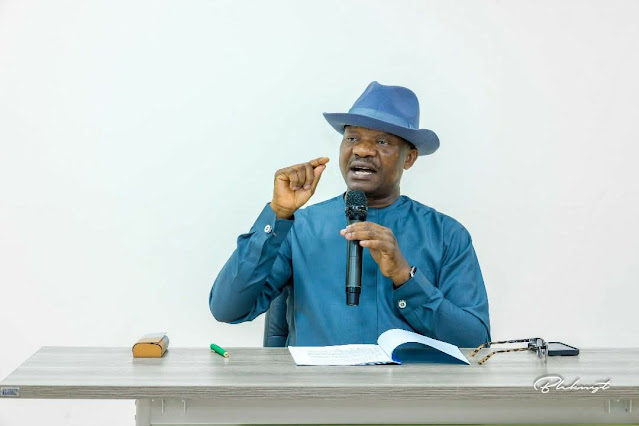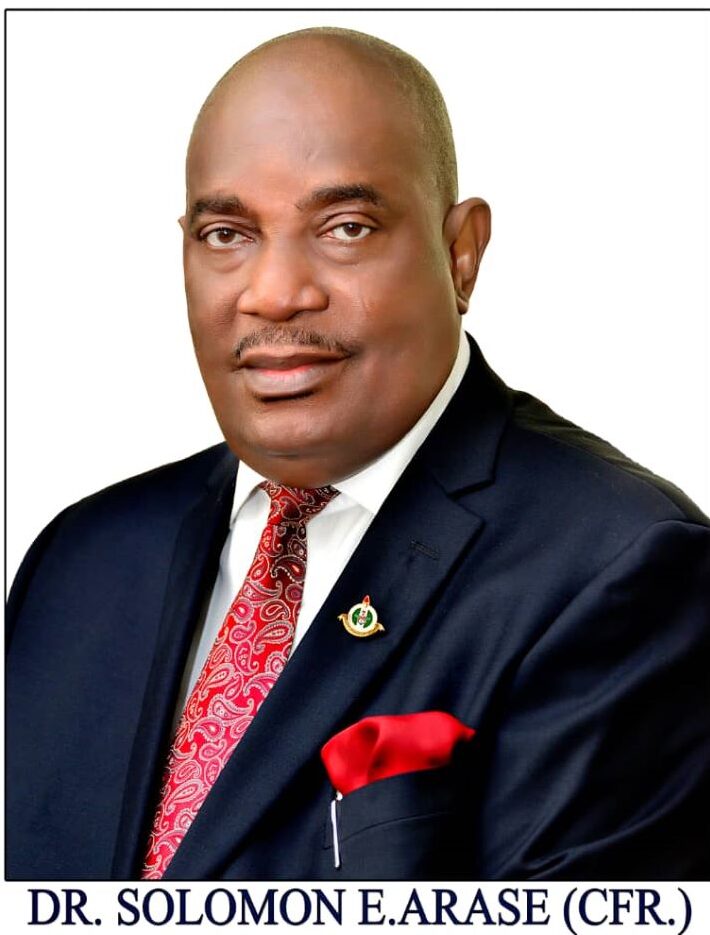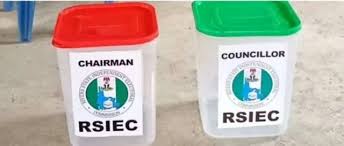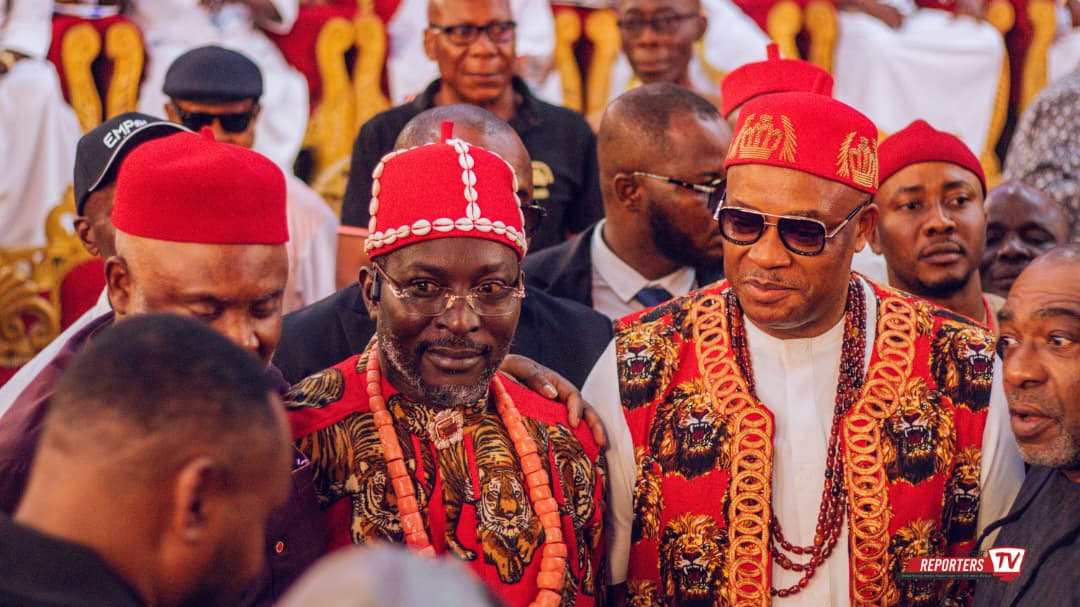In a robust response to recent claims made by Zik Gbemre, who identified himself as the coordinator of the Niger Delta Peace Coalition (NDPC), the Delta State Government has categorically dismissed accusations leveled against Governor Sheriff Oborevwori. Gbemre had alleged that the Governor was fueling ethnic tensions in Warri and politicizing sensitive community issues, claims the state government has described as baseless, misleading, and a deliberate attempt to tarnish the Governor’s reputation. In a detailed statement issued on Sunday, August 31, 2025, and signed by the Commissioner for Works (Rural Roads and Public Information), Charles Aniagwu, the government reaffirmed its unwavering commitment to fostering peace, unity, and inclusive governance across Delta State.
Addressing the Allegations
The accusations made by Gbemre, as outlined by the government, suggested that Governor Oborevwori was actively stoking ethnic conflict in Warri, a region known for its complex ethnic diversity and history of communal tensions. Additionally, Gbemre claimed that the Governor was engaging in political maneuvering with sensitive community issues, accusations that the Delta State Government has labeled as a “campaign of calumny” designed to undermine the Governor’s reputation and efforts to maintain stability in the state.
Commissioner Aniagwu, in his statement, emphasized that these claims were not only false but also a misrepresentation of the Governor’s actions and policies since assuming office. “The allegations are a calculated attempt to distort the truth and cast aspersions on the Governor’s character and leadership,” Aniagwu stated. He reiterated that Governor Oborevwori has consistently demonstrated a commitment to promoting peaceful coexistence among the various ethnic groups in Delta State, particularly in the Warri area, which has historically been a flashpoint for ethnic and communal disputes.
Governor Oborevwori’s Commitment to Peace
Since taking office, Governor Oborevwori has made peacebuilding and inclusive governance central pillars of his administration. The government highlighted that the Governor has prioritized fostering harmony among Delta State’s diverse ethnic groups, including the Itsekiri, Urhobo, Ijaw, Isoko, and Anioma communities. Warri, a melting pot of ethnicities, has received particular attention due to its historical significance and the need to prevent a return to the ethnic conflicts that plagued the region in the past.
“Governor Oborevwori has consistently engaged traditional rulers, community leaders, and stakeholders to ensure the dark days of ethnic strife never return to our beloved state,” Aniagwu’s statement read. The government pointed to the Governor’s proactive approach in engaging with traditional institutions and community representatives to address grievances and promote dialogue. These efforts, according to the state, have been instrumental in maintaining relative peace in Warri and other parts of Delta State.
The statement further clarified that at no point has Governor Oborevwori endorsed, supported, or encouraged actions that could be interpreted as threats to peace or as promoting ethnic superiority. Instead, the Governor has positioned himself as a neutral arbiter, working to mediate disputes and foster mutual respect among communities. Aniagwu noted that the Governor’s commitment to fairness was recently reiterated during his State of the State address, where he called for restraint, dialogue, and unity among all Deltans.
Response to Specific Allegations
Addressing Gbemre’s claim that the Governor takes delight in making “passive threats” or politicizing communal issues, the Delta State Government described these assertions as “inaccurate and unfair.” Aniagwu emphasized that Governor Oborevwori has maintained open channels of communication with all traditional institutions and community leaders across the state. “His Excellency has never engaged in actions that could be construed as threats, passive or otherwise. His leadership is rooted in inclusivity and fairness,” the Commissioner stated.
The government also addressed reports of vandalism or provocation linked to recent incidents in Warri. Aniagwu disclosed that security agencies have been directed to investigate these incidents thoroughly to ensure accountability and prevent further escalation. “The Governor has made it clear that any acts of vandalism or provocation will be met with the full force of the law, regardless of the community or individuals involved,” he said.
Promoting Cultural Harmony and Accountability
The Delta State Government reaffirmed its commitment to ensuring that cultural celebrations and community activities in the state are conducted within the bounds of law, respect, and tradition. Aniagwu assured Deltans that the government would continue to uphold accountability for any infractions, regardless of the ethnic or communal group involved. “Cultural celebrations are an integral part of our identity as Deltans, but they must be carried out in a manner that promotes unity and mutual respect,” the statement read.
The government also called on community leaders, youth groups, and civil society organizations to refrain from inflammatory rhetoric that could exacerbate tensions. Instead, it urged stakeholders to collaborate with the state government to build bridges of cooperation and understanding. “The challenges we face as a state can only be addressed through collective effort and a commitment to dialogue,” Aniagwu said.
Governor Oborevwori: A Leader for All Deltans
The Delta State Government emphasized that Governor Oborevwori remains a leader for all Deltans, irrespective of their ethnic background. “Governor Oborevwori is the Governor for all Deltans—Itsekiri, Urhobo, Ijaw, Isoko, Anioma, and every other group. He will not be distracted by unfounded accusations or attempts to politicize communal issues,” Aniagwu declared.
The government highlighted the Governor’s broader vision for Delta State, which includes promoting peace, fostering development, and attracting investments to create job opportunities for all residents. Since assuming office, Governor Oborevwori has prioritized initiatives aimed at improving infrastructure, enhancing security, and boosting economic opportunities across the state. These efforts, according to the government, are part of a comprehensive strategy to ensure that Delta State remains a beacon of progress and unity in the Niger Delta region.
Contextualizing Warri’s Ethnic Dynamics
To fully understand the significance of the government’s response, it is essential to contextualize the ethnic dynamics of Warri, a city that has long been a focal point of ethnic and communal tensions in Delta State. Warri is home to several ethnic groups, including the Itsekiri, Urhobo, and Ijaw, each with distinct cultural identities and historical claims to the region. These dynamics have, at times, led to conflicts over land, resources, and political representation, making Warri a sensitive area for governance.
The Delta State Government’s statement underscores the challenges of governing such a diverse region and the importance of leadership that prioritizes unity and dialogue. By engaging with traditional rulers and community leaders, Governor Oborevwori has sought to address longstanding grievances and prevent the recurrence of ethnic violence that characterized Warri in the late 1990s and early 2000s.
The Role of Security Agencies
The government’s directive to security agencies to investigate reported acts of vandalism or provocation in Warri reflects its proactive approach to maintaining law and order. Aniagwu’s statement made it clear that the government will not tolerate actions that threaten the peace and stability of the state. By involving security agencies, the government aims to ensure that any individuals or groups responsible for inciting tensions are held accountable, regardless of their affiliations.
This approach aligns with Governor Oborevwori’s broader commitment to security, which has been a cornerstone of his administration. The government has invested in strengthening security infrastructure and collaborating with law enforcement agencies to address emerging challenges. By addressing the recent incidents in Warri promptly, the government seeks to demonstrate its resolve to maintain peace and prevent any escalation of tensions.
A Call for Unity and Cooperation
The Delta State Government’s statement concluded with a call for unity and cooperation among all stakeholders in the state. Aniagwu appealed to community leaders, youth groups, and civil society organizations to work together with the government to promote peace and development. “The progress of Delta State depends on our ability to work as one, regardless of our ethnic or communal affiliations,” he said.
The government also urged residents to reject divisive narratives and focus on building a state that works for everyone. By fostering a culture of dialogue and mutual respect, the government believes that Delta State can overcome its challenges and achieve sustainable development.
Governor Oborevwori’s Vision for Delta State
Beyond addressing the immediate allegations, the Delta State Government used the opportunity to highlight Governor Oborevwori’s broader vision for the state. This vision includes promoting inclusive governance, improving infrastructure, and creating an enabling environment for economic growth. The government pointed to ongoing efforts to attract investments that will create job opportunities for Deltans, particularly the youth.
Infrastructure development, particularly in rural areas, has been a key focus of the Oborevwori administration. Through initiatives led by the Ministry of Works, the government has embarked on projects to improve rural roads, enhance connectivity, and boost economic activities in underserved communities. These efforts are part of a broader strategy to ensure that the benefits of governance are felt across all parts of the state, regardless of ethnic or geographic considerations.
Conclusion
The Delta State Government’s response to Zik Gbemre’s allegations is a clear and unequivocal defense of Governor Sheriff Oborevwori’s leadership and commitment to peace. By dismissing the claims as false and misleading, the government has sought to set the record straight and reaffirm its dedication to fostering unity and development in Delta State. Through proactive engagement with stakeholders, a commitment to accountability, and a focus on inclusive governance, Governor Oborevwori continues to demonstrate his resolve to lead a state that works for all Deltans.
As Delta State navigates the complexities of its diverse ethnic landscape, the government’s call for cooperation and dialogue serves as a reminder of the importance of collective effort in building a peaceful and prosperous future. With ongoing investments in security, infrastructure, and economic development, the Oborevwori administration is laying the foundation for a Delta State that is united, inclusive, and forward-looking.






